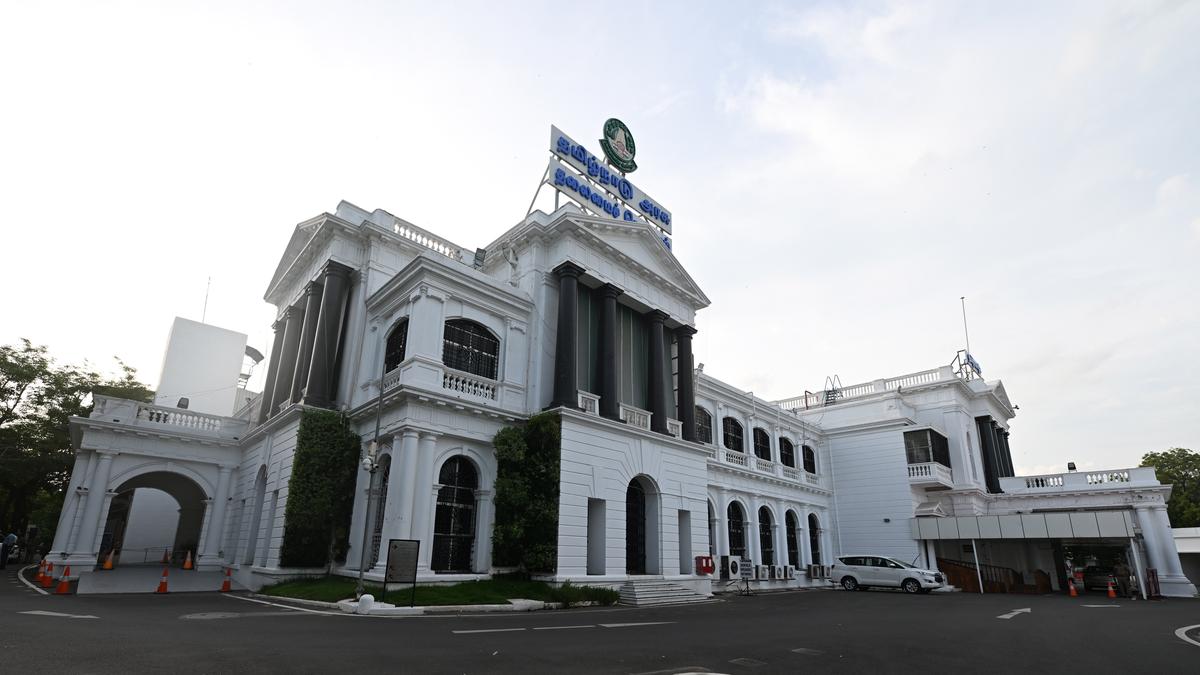
May 25, 2025
The Tamil Nadu government has instructed all its departments to strictly comply with court orders within the specified timeframe. The directive also includes establishing a structured mechanism for monitoring and enforcing judicial directives. This move comes after repeated concerns expressed by the Madras High Court over the increasing number of contempt petitions due to non-compliance with court orders. The government's guidelines emphasize taking prompt legal action, such as filing appeals and obtaining stays, to prevent contempt petitions in cases where compliance is not feasible. Departments are advised to set up internal systems for tracking court cases, coordinate with legal counsels, and hold officials accountable for delays or non-compliance resulting in legal or financial losses. The directive follows a similar instruction issued earlier this year, citing a Supreme Court judgment that criticized delays in filing appeals and imposed costs on petitioners. The apex court's judgment emphasized the need to streamline legal processes, fix responsibilities, and penalize officials for delays. The directive aims to prevent revenue loss to the government exchequer due to delays in communication and legal proceedings. The Supreme Court bench's directive to the Madhya Pradesh government to streamline legal processes and fix responsibilities is to be followed by all states.
Tags: Tamil nadu, Court orders, Compliance, Contempt petitions, Legal system,
Comments